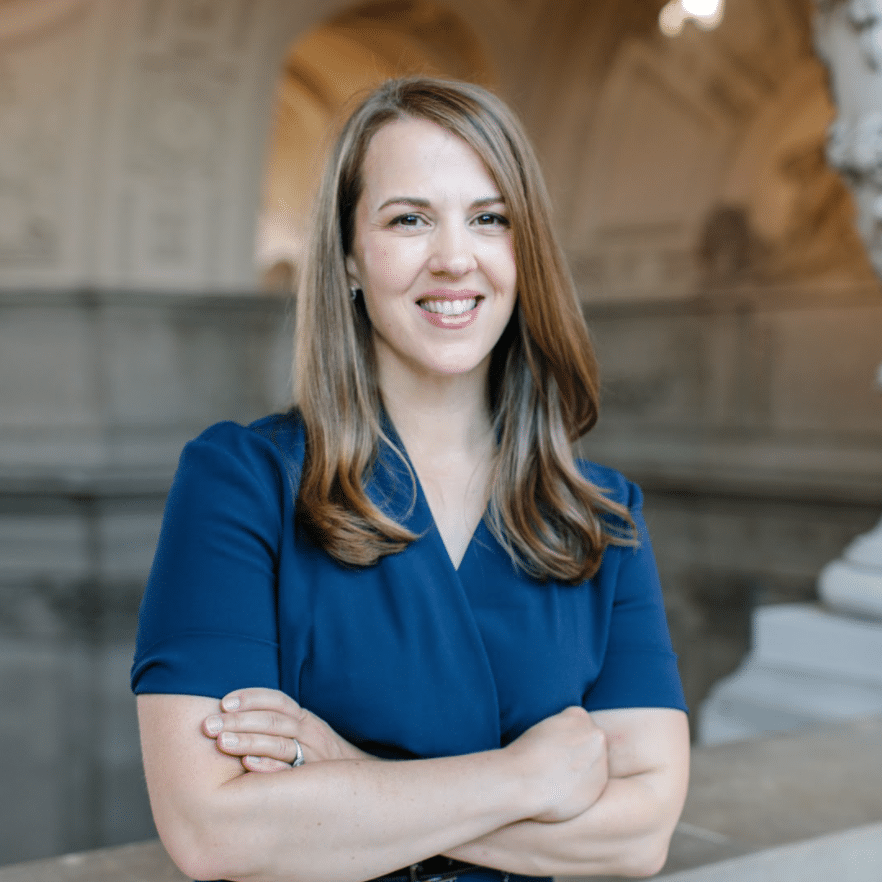
By ProFellow Founder, Dr. Vicki Johnson
Over the past several years, I’ve mentored hundreds of successful fellowship and graduate school applicants in preparing their personal statements. In this time, countless applicants have shared with me a lot of misguided assumptions and bad advice they’ve received about the process. In this article, I’ll address 5 myths about grad school personal statements that will help you prepare a winning essay!
The personal statement is an important component of your application that describes your background, motivations, and career goals. You might also be prompted to explain your perspective on the discipline or field of study, challenges you have overcome, or how you will contribute to the diversity of the cohort.
This is a challenging essay to write! Most applications require you to limit your personal statement to 1-2 pages. Therefore, it’s important to make the most of your limited word count and succinctly and effectively respond to the selection committee’s questions.
Here are a few myths I’d like to debunk that can guide you when writing your personal statement.
Myth #1: You Should Describe Personal Struggles, Challenges and Trauma in Your Personal Statement
Research has been conducted about the propensity of academic advisors and guidance counselors to advise students who have experienced poverty or other adverse experiences to emphasize these personal struggles in personal statements. The problem is this has not been the expectation of students of privilege, who are typically advised to discuss their experiences in activities like music and team sports, intellectual pursuits, and community service.
Despite great strides to enhance diversity, equity, and inclusion in higher education, acceptance to elite graduate programs and fellowships remains skewed towards those from privileged backgrounds, like those who had the financial resources to study abroad or undertake unpaid internships in their field. Although the research is still emerging, I personally believe this inequity in graduate admissions is in part due to the unconscious bias of academic advisors who press students to share their stories of poverty, abuse, and family or health challenges in personal statements.
Because personal statements provide limited space to address your academic interests, motivations for proposed studies, future career goals, and what you hope to achieve in the program, there simply isn’t a lot of space to provide context to traumatic experiences. In fact, a brief and troubling mention of trauma or a health challenge at the beginning of a personal statement will often distract the reader’s attention from the positive future-facing information about a candidate. Worse, this tiny bit of information in an essay, taken out of context, can raise all sorts of unanswered questions about the candidate’s emotional, physical, and financial readiness for a rigorous graduate program.
I wholly advise applicants from all backgrounds to only share information that adds to the document’s overarching message of, “I am READY for graduate school” (period!). Your opening story should focus on a positive, inspirational experience that motivated you to pursue your field of study or dedicate yourself to a social challenge.
Even if the personal statement prompt asks you to discuss challenges you have overcome, I encourage you to choose the challenges you mention wisely. In my article, I provide a specific example of how to replace struggle stories with inspiration stories in your personal statement.
Myth #2: You Must Share as Many Accomplishments as Possible in Your Personal Statement to Stand Out
Often personal statement prompts will say, “Do not recap your resume.” This is because many applicants make the mistake of making their personal statement into a long list of accomplishments. Most personal statements are only one page in length (500 words). If you spend your entire page detailing every one of your accomplishments, you won’t have space to include the most important part of your personal statement: your academic and career goals and what you hope to get out of the program.
Your academic CV or resume, typically included with your application package, can account for your accomplishments. What selection committees want to know in your personal statement is your why. They want to know what prompted your choice of study, jobs, and activities like research experience or volunteer work. They want you to explain the progression of your career trajectory and what motivated your decisions. This is information they can’t deduce from your resume.
If you have a 1-page personal statement of 5 paragraphs, your opening story and context about your background should take up only the 2 initial paragraphs. Your expression of your career goals, why you are applying to this program, and your contributions to the field should take up the final 3 paragraphs.
The reason I recommend adding more information about your goals than your background is because acceptance to graduate school is not an award for everything you’ve done up until now. It’s an investment in you and the impact you will make in your future profession! They want to select candidates who have a clear vision for their future and are explicit about how they will leverage the program’s unique benefits.
Myth #3: You Must Use Your Personal Statement to Address a Resume or Transcript Blemish
Many people believe that if they have a single F grade on their transcript, an unfinished degree, an employment gap, or any other perceived blemish on their resume or academic record, they must address it in their personal statement. However, this is not always necessary! If you take up too much space in your personal statement to explain a blemish, you may exclude the more important information about your relevant accomplishments, goals, and motivations.
The only time you may want to explain a resume gap or academic blemish in your personal statement is when you have a truly significant event to explain. For example, if you have been out of the workforce for 5 years to raise young children and your resume shows a lack of work experience for this long period, it may be worth a brief explanation in the section of your personal statement about your career trajectory. However, if you were unemployed for just a few months to a year, it’s not necessary to spend precious word count explaining the challenge of securing a new job.
As another example, if you had poor grades for the first two years of your undergraduate studies, but finished with stronger grades, it would be worth mentioning the challenges you faced and how you improved your grades to achieve your true academic potential. But if the blemish is a single F grade on your transcript where you otherwise have strong grades, it’s not worthwhile to use your personal statement word count to explain this one poor grade.
Instead, have one of your recommendation writers address the reasons for this grade and ask them to vouch that this one poor grade isn’t representative of your academic performance. For any blemish you aim to address, it’s helpful to have your referees explain why you deserve consideration and why your blemish is not representative of your overall performance and your ability to be successful.
Myth #4: People With Creative Writing Experience Write Better Personal Statements
This is wrong! In fact, professional writers and people with creative writing skills often struggle more with the personal statement than those who don’t. This is because the personal statement is not a memoir or a piece of art. While your opening story may have a creative bent to it, this story should be a very brief section of your 1-2 page personal statement. The personal statement is truly a tactical document through which you need to answer key questions about your background, motivations, and goals.
Therefore, don’t approach your personal statement as if you are being judged for your creative writing skills or as if you are writing a novella about your life. Instead, take the time to create a detailed outline that will help you address all of the personal statement prompts. Strong essay structure, appropriate flow, and succinct, to-the-point sentences are critical to writing a winning personal statement.
I recommend starting your essay paragraphs with sentences that make clear what essay prompt you are about to address: “My career goal is to…”; “I have strong research and analytical skills from my experience in…”; “I will bring diversity to the student cohort because I…”, etc. Avoid long, run-on sentences. Make sure your answers to each of the personal statement prompts can be easily identified in the essay.
Myth #5: There is No Formula to Writing a Winning Personal Statement
I know this is wrong because I created and teach the MATCH ME Formula™️ – the 7 elements of a winning application – and how to apply the MATCH ME Formula™️ to your personal statement essays for graduate schools and fellowships. I teach this framework in my Personal Statement Bootcamp workshop and in my Fully Funded Course and Mentorship Program for graduate school applicants.
This framework has been tested and proven to work for virtually all types of personal statements! Said one of my students, now attending Harvard University’s Graduate School of Education, “The personal statement framework you teach in the Fully Funded Course was pivotal for me!” If you want to learn more about my courses and workshop, be sure to check out the links above.
Best of luck with your grad school personal statements! The ProFellow community is rooting for your success.
Join the VIP Mailing List for Information and Announcements about Dr. Johnson’s signature Fully Funded Course and Mentorship Program for graduate school applicants seeking to apply to fully funded PhD and master’s programs.
Dr. Vicki Johnson is Founder and CEO of ProFellow, the world’s leading online
© Victoria Johnson / ProFellow, LLC 2022, all rights reserved.